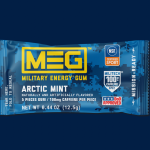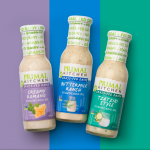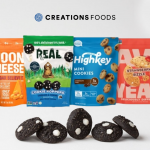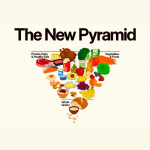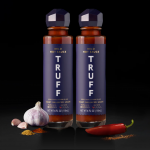With New Funding, FreshRealm Zeroes In On “Fresh Meal Destinations” in Retail
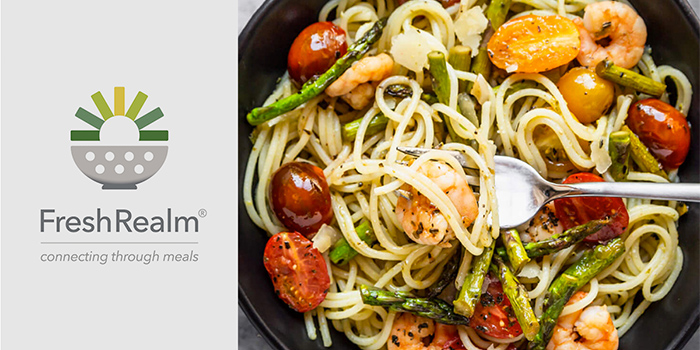
Fresh meal provider FreshRealm has seen its business model evolve over its eight years in business, ranging from a direct-to-consumer meal service to retail meal kit supplier. Now, with $32 million in new funding, it’s repositioning itself once more, aiming to establish “fresh meal destinations” in retailers nationwide that offer cooking-weary consumers more options.
FreshRealm’s repositioning comes after its majority shareholder Calavo Growers divested from the company earlier this year. Citing “declining sales and continuing losses,” Calavo decided to terminate its equity ownership in the company, which was, at the time, focused solely on meal kit offerings in retail. Now, the company is looking to rebound by using its new funding, which was from undisclosed investors, to grow production capacity, strengthen its supply chain and expand its product offerings. These developments will in turn fuel more retail partnerships, according to CEO and founder Michael Lippold.
“We’ve gone through a bunch of different phases of the fresh meal category as the industry itself has been figuring itself out and as consumers have been dialing in what they want,” Lippold said. “Ultimately, the repositioning is more just an evolution of everything that’s happened in fresh.”
While Lippold said retailers were already beginning to stock more packaged fresh meals in stores, the pandemic sparked a “major acceleration.” As consumers shifted to more at-home cooking and retailers shut down hot bars due to sanitation concerns, these meals emerged as a clear solution for “an efficient shopping experience,” for both retailers and consumers, Lippold said. FreshRealm’s products, which range from pasta entrees to more traditional beef and chicken options to globally inspired cuisine, are more nutritious than fast food while being less time consuming and, at $6 to $9 per meal, less expensive than subscription meal delivery, he added.
“We know humans want to eat this food, and we know this product can be really successful at retail,” he said. “Most of us really don’t like to cook, at least from an everyday experience. I think everybody at home during COVID really allowed people to see how there really needs to be a next level solution.”
Ultimately, Lippold envisions establishing a new department in grocery stores focused solely on fresh meals, organized by cuisine, cooking methods and serving size, allowing the company to “go to retailers and give them the ability to offer their consumers a destination.”
FreshRealm utilizes a regional production model, operating four fully owned facilities across the country, and will use the funding to establish capabilities to produce its full portfolio across all manufacturing plants, Lippold said. Practicing “just-in-time” delivery to ensure freshness of its ingredients and end products, the company will also work to strengthen its supply chain through new relationships with regional suppliers.
Product development will also be a focus, Lippold said. FreshRealm will be cognizant of trends in the industry as it innovates, he added, working on product sets for consumers with different dietary preferences, including keto and organic.
While its products are currently sold under retailers’ own private labels, FreshRealm aims to grow its platform further by launching a branded product this year as well, Lippold said.
FreshRealm is not the first company to offer retailers fresh meals solutions, though the path to nationwide adoption across different retailers hasn’t always been clear. Kroger acquired Home Chef for $200 million in 2018, with the meal kit company assuming responsibility for the retailer’s meal solutions portfolio. Meanwhile, meal kit company Chef’d, which was distributed at retailers like Gelson’s and Tops Market, shut down in 2018 due to lack of funding before its assets were acquired by packaged food consultancy True Food Innovations.
With lessons learned from its previous iterations, FreshRealm’s hyperfocus on retail after pivoting from direct-to-consumer gives it a stronger positioning than previous players in the space, Lippold said, while its wider breadth of options beyond meal kits also makes it more appealing to a larger swath of consumers.
“We’ve really just tried to set the company up to lead what we think is a very significant category at grocery stores across the country,” he said.

